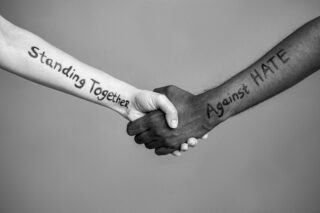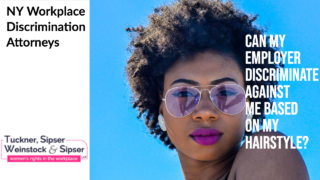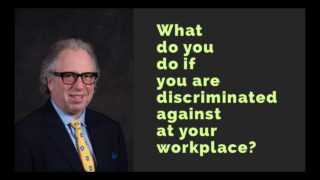What is workplace color discrimination and how is it different from race discrimination? | New York Race and Color Discrimination Attorney Jack Tuckner Explains
Many individuals conflate #ColorDiscrimination with #RaceDiscrimination, but the two are not the same. New York color and race discrimination lawyer Jack Tuckner explains the difference between race and color discrimination and what your #rights are under the law.






